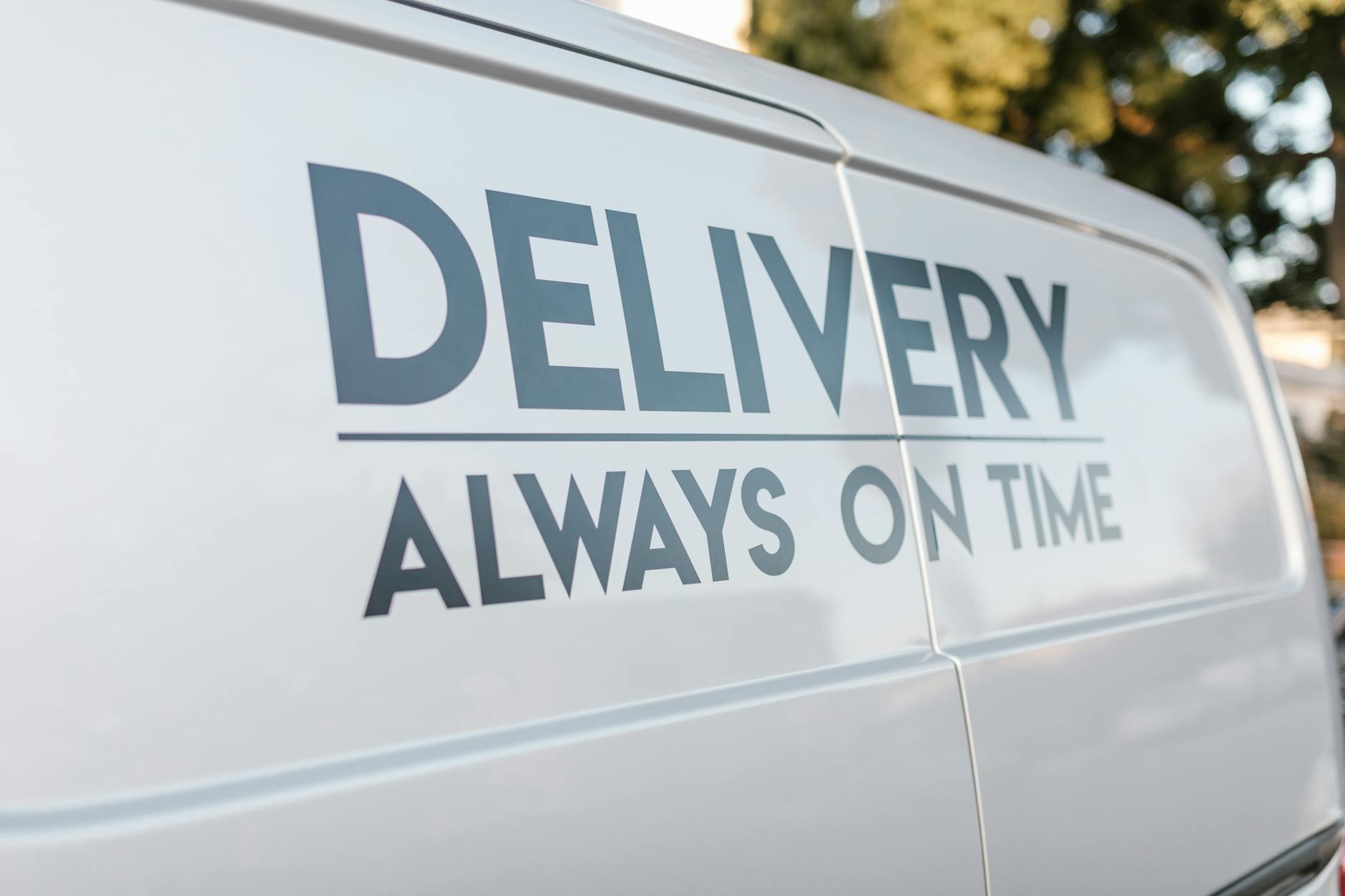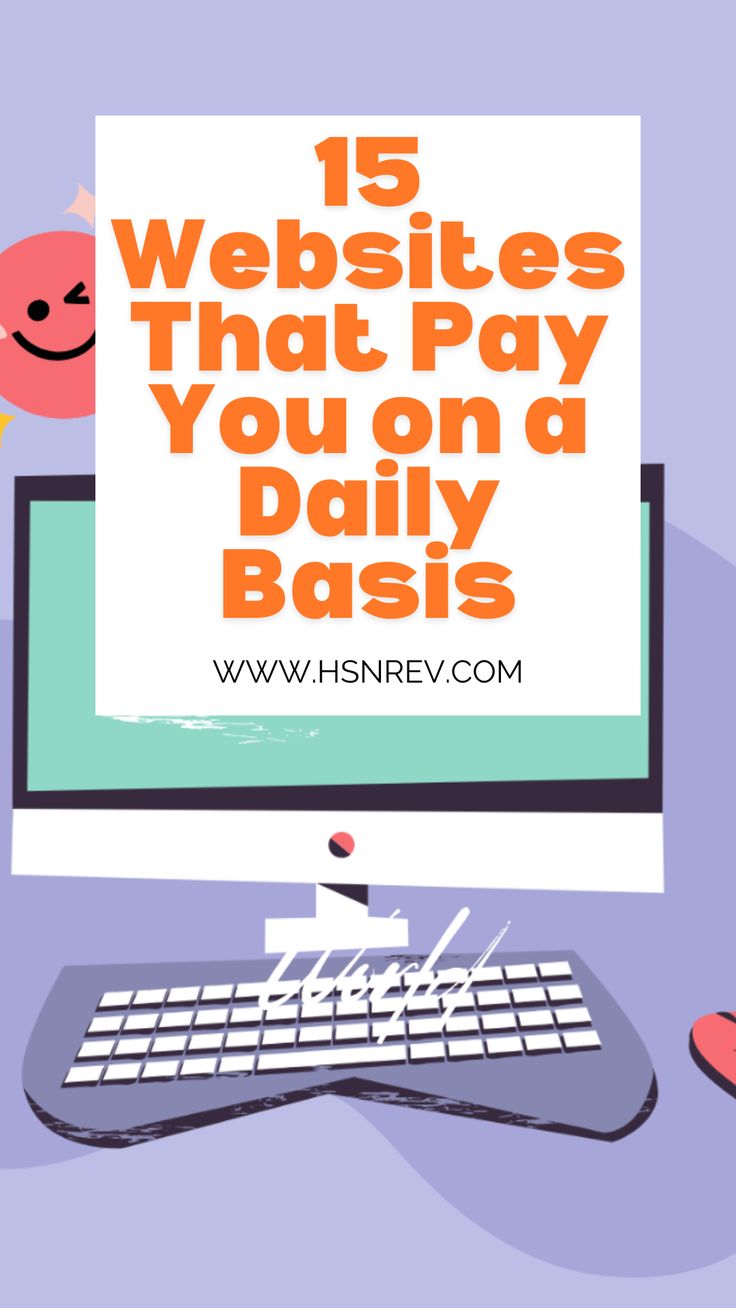
How to Start an E-Commerce Business in Pakistan: A Step-by-Step Guide
Purpose of the Article
The rise of digital commerce in Pakistan has revolutionised the way people shop, creating a golden opportunity for aspiring entrepreneurs to dive into the e-commerce realm. This article aims to provide a clear and detailed guide to starting an e-commerce business in Pakistan, empowering readers to leverage this dynamic industry. By following these actionable steps, you’ll be equipped to turn your entrepreneurial dreams into reality while navigating the challenges unique to Pakistan’s market.
Step 1: Understand the E-Commerce Landscape in Pakistan
The e-commerce sector in Pakistan is burgeoning, fuelled by increasing internet penetration, mobile-first consumers, and growing trust in online shopping. Platforms like Daraz, OLX, and various social commerce avenues on Instagram and Facebook have paved the way for small businesses. Understanding the local dynamics, such as the dominance of Cash on Delivery (COD) and the logistical challenges in rural areas, is essential to tailor your business model effectively.
Step 2: Choose Your Niche

Selecting a niche is the cornerstone of your e-commerce success. Instead of attempting to cater to everyone, focus on a specific audience. Popular niches in Pakistan include fashion, electronics, beauty products, and groceries. Conduct market research using tools like Google Trends, local surveys, and competitor analysis to identify gaps in the market. A well-defined niche not only simplifies your marketing strategy but also helps in building a loyal customer base.
Step 3: Develop a Business Plan

A comprehensive business plan acts as your roadmap. Define your business objectives, target audience, product range, marketing strategy, and financial projections. Outline your operational model—whether you plan to manage inventory, use a dropshipping model, or offer print-on-demand services. This clarity will also help you secure funding if needed, as it portrays your business as a serious venture to potential investors.
Step 4: Register Your Business

To operate legally and build customer trust, register your e-commerce business. Start by selecting a unique business name and registering it with the Securities and Exchange Commission of Pakistan (SECP). Additionally, acquire a National Tax Number (NTN) and ensure compliance with tax regulations. If your business involves international transactions, consider registering with WeBOC for export purposes.
Step 5: Create a Professional E-Commerce Website

Your website is your virtual shopfront, and its design can make or break customer impressions. Invest in a responsive, user-friendly website that is optimised for both desktop and mobile devices. Use platforms like Shopify, WooCommerce, or Wix to build your website, and ensure secure payment gateways such as JazzCash, EasyPaisa, or credit/debit card integration. Don’t forget to focus on website speed, clear product descriptions, and a seamless checkout process to enhance the user experience.
Step 6: Optimize for Search Engines (SEO)

SEO is critical to driving organic traffic to your website. Perform keyword research to target terms your audience is searching for. Optimise your product titles, descriptions, and meta tags, and create high-quality blog content that adds value to your visitors. Local SEO is particularly important in Pakistan—list your business on Google My Business and ensure your website is mobile-friendly to improve search rankings.
Step 7: Build a Strong Social Media Presence

Social media is a game-changer for e-commerce businesses in Pakistan. Platforms like Instagram, Facebook, and TikTok are popular for discovering and purchasing products. Develop a robust social media strategy by posting engaging content, running paid ads, and collaborating with influencers to expand your reach. Use WhatsApp for customer communication, as it is widely used for queries and orders.
Step 8: Partner with Reliable Logistics Services

Efficient delivery is the backbone of e-commerce. Partner with reputable courier companies such as TCS, Leopards Courier, or BlueEX for nationwide shipping. For COD services, ensure your courier partners have a robust cash handling mechanism. If you aim to target rural areas, consider working with courier companies that specialise in last-mile delivery.
Step 9: Focus on Customer Service
In Pakistan, customer trust is a crucial factor in online shopping. Offer excellent customer service to build loyalty. Respond promptly to queries, address complaints professionally, and provide transparent policies for returns and refunds. A satisfied customer is more likely to recommend your business to others, creating a ripple effect of growth.
Step 10: Analyze and Scale Your Business

Once your business gains traction, focus on scaling operations. Monitor key performance indicators (KPIs) like website traffic, conversion rates, and average order value to identify areas for improvement. Diversify your product range, expand to new markets, and explore automation tools to streamline operations. Consistently gather feedback from customers to refine your offerings and stay ahead of competitors.
Final Thoughts
Starting an e-commerce business in Pakistan is a journey filled with challenges and opportunities. By following this step-by-step guide, you can navigate the complexities and build a thriving business in this rapidly evolving landscape. Remember, persistence and adaptability are the keys to success in the dynamic world of e-commerce.
FAQ Section
Q1. Do I need to register my e-commerce business in Pakistan?
Yes, registering your business with SECP and acquiring an NTN is crucial for legal compliance and customer trust.
Q2. What is the best payment method for e-commerce in Pakistan?
Cash on Delivery (COD) is the most popular method, but integrating digital wallets like JazzCash and EasyPaisa can attract tech-savvy customers.
Q3. How can I ensure faster delivery times?
Partner with reliable logistics services and maintain a small inventory in key locations to minimise shipping delays.
Q4. Is SEO important for e-commerce websites in Pakistan?
Absolutely! SEO helps you rank higher on Google, driving organic traffic and increasing sales.
Q5. Can I start an e-commerce business without a website?
Yes, you can begin on platforms like Facebook Marketplace or Instagram, but having a website adds credibility and scalability to your business.
Disclaimer
This article provides general guidelines and suggestions for starting an e-commerce business in Pakistan. Readers are encouraged to conduct their own research and consult professionals for personalised advice tailored to their specific business needs.
Discover more from hsnrev.com
Subscribe to get the latest posts sent to your email.



